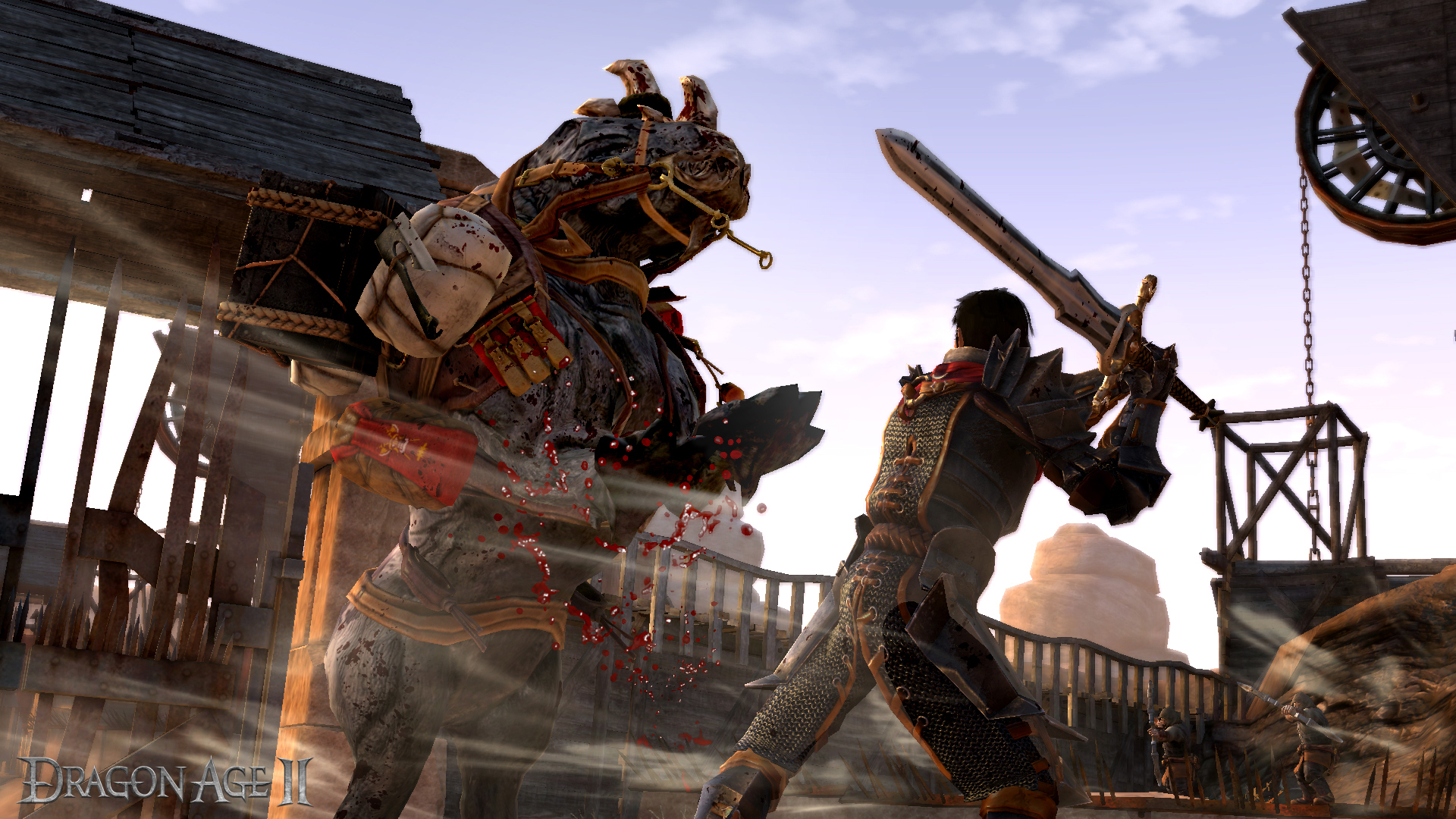The completely un-scientific process of reviewing a videogame
What do scores mean in 2023?

If you’ve been reading games media long enough, you’ve got some review scores memorized. Big, statement-makers slapped at the bottom of big games, either much lower than you expected or so high into the rare higher values that you had the sense history had just been made. A single score from a high-profile outlet could define public opinion about a game, once upon a time.
Half-Life: 96% in PC Gamer. Deus Ex, a couple of years later: an agonizingly close 95%. These single digits mattered tremendously to us all. And don’t get me started on Edge magazine 10s. That was the pre-internet equivalent of an Oscar nomination in the games industry.
I’ve been reviewing games for fifteen years now. And the longer time goes on, the more un-scientific, completely subjective, and at the whim of countless external factors the whole process seems.
What I failed to consider at the time I sat down to write that review in 2011 was this: I was in an exceptionally good mood
I’m not just saying that because I’ve got a few high-profile scores objectively wrong, although the 94% I gave Dragon Age 2 illustrates that previous point quite well. BioWare itself would have its work cut out if it were to explain to anyone why it deserved that score. I can see that now. But what I failed to consider at the time I sat down to write that review in 2011 was this: I was in an exceptionally good mood at the time.

Mere weeks before the review copy arrived from BioWare HQ, I’d been offered my full-time staff gig on a games mag, after three years of trying to establish myself as a freelancer. As all those low-res brown textures of Denerim were installing themselves to my hard drive, I was a writer between worlds, enjoying the last few weeks of carefree, waking-up-at-11am freelance life before a thrilling new phase in which I’d sit in an office and watch my editor ordering blow-up sheep for photoshoots. It was a different time.
I digress: recent events had buoyed my disposition so much that if Dragon Age 2 had been anything other than an aggressive malware that locked my PC and physically punched me through the monitor, I’d have enjoyed it. This city section is dragging on a bit, I must have thought, but it’s now my job to wander around it and make sarky remarks to people in taverns. How good is that?
Thank goodness for that 95% in PC Gamer, is all I can say.
Get daily insight, inspiration and deals in your inbox
Sign up for breaking news, reviews, opinion, top tech deals, and more.

Numbers game
I don’t think I’ve ever heard a reviewer publicly admit that something else happening in their personal life colored one of their reviews, but, of course, it happens. All the time. We’re not lab coats, prodding at the latest test sample from Curve Digital in a sterilized lab and running quantifiable tests on it. We’re just people who, at some point in our formative years, thought it sounded fun to play games for a living.
The culture around reviews as a whole has changed, as has the importance we place on scores
Since Dragon Age 2-gate, the culture around reviews as a whole has changed significantly, as has the importance we place on scores. On the one hand, we’re used to influencers ‘reviewing’ a game or a piece of hardware as part of a paid promotion, and we’ve learned to decipher opinions from ‘opinions’. On the other, some far more talented reviewers than I have developed a format of absolutely forensic detail. Back in 2015, I remember feeling absolutely humbled by Kirk Hamilton’s Witcher 3 review for Kotaku, not just for its length and the incredible breadth of topics he covered in the copy. He’d also made illustrative GIFs and meme-laden videos to accompany his points in the copy.
It was a format the site rolled out across the board, and several other major outlets went similarly maximalist at around the same time. They’d woken up to the fact that simple bullet-point pros and cons lists on Reddit posts and Steam reviews were eating into their traffic, so they adapted and evolved.
Those Reddit posts and Steam reviews probably gained such popularity over traditional games media in the first place because their authors put almost none of themselves into their evaluations. The average Steam review really does read as though somebody’s taken this game into the lab and run some tests on it. Games reviewers, meanwhile, had one eye on a prior era of magazines for whom it was just as important to assert a distinct identity as an editorial staff as it was to tell you how much Team Fortress 2 had been delayed by this time.
You wanted to be entertained, to feel like you were part of the club, a club that only existed on the pages of those magazines
That approach makes a lot of sense in the pre-smartphone world, where you’d sit and read a magazine for fun, rather than flicking to the review score to check moments before buying a game. You wanted to be entertained, to feel like you were part of the club. Because the club only existed on the pages of those magazines.
It makes less sense in the age of digital distribution, short attention spans, and a far broader games media landscape. Assuming the reader wants to know about you, the writer, and to hear your withering remarks as much as they want to know whether it’s worth buying a game comes across as hubris. Also, sorry about that extended anecdote about my Dragon Age 2 review earlier. I grew up reading PC Gamer in the ‘90s.

A bit meta
If there was ever any danger of a cultural war between those writers of an old-fashioned mindset for whom the worst crime in a review would be to bore the reader, and the nu-school for whom it would be to omit an important feature or mechanic, the internet quickly solved the issue for us, by way of aggregators.
Little by little, the importance of one review score lessened, even from a big outlet or a prominent reviewer. What really mattered, to studios hoping for bonuses and to consumers looking for a quick steer on whether to spend money, was the Metascore.
Aggregators give you hundreds of opinions, all collected, processed, and smooshed into one neat number. They’re brilliant. I use them
The Metascore, and its cousin, the Steam reviews aggregator, have their problems. Review-bombing, for example. Massive outliers who skew the metascore one way or the other. The games industry’s tendency to review on the 70-90 scale rather than 0-100 and the subsequent homogenization of metascores. But if you’re looking for an instant steer on whether a game is good, aggregators give you hundreds – even thousands – of opinions from press and players, all collected, processed, and smooshed into one neat number. They’re brilliant. I use them.
Where does that leave the amazing, maximalist written reviews of yore? Well, I wonder if they might come back into vogue, albeit for a different audience. In 2023, reading 2000 words of copy about a game is akin to hitting play on a podcast – you’re absorbing material about something you’re interested in, in an immersive way. People still want that. YouTube has been moving away from listicles and towards long-form video essays on gaming for years.
It’s asking a bit more to get people to read the words on a page instead of watching accompanying gameplay or getting it all piped into their Airpods through a podcast. But perhaps once we all admit that reviewing a game is completely subjective and that our impressions might be colored by any number of things from the outside world, we’d be making a start toward a more valuable accompaniment piece.

Ad creative by day, wandering mystic of 90s gaming folklore by moonlight, freelance contributor Phil started writing about games during the late Byzantine Empire era. Since then he’s picked up bylines for The Guardian, Rolling Stone, IGN, USA Today, Eurogamer, PC Gamer, VG247, Edge, Gazetta Dello Sport, Computerbild, Rock Paper Shotgun, Official PlayStation Magazine, Official Xbox Magaine, CVG, Games Master, TrustedReviews, Green Man Gaming, and a few others but he doesn’t want to bore you with too many. Won a GMA once.